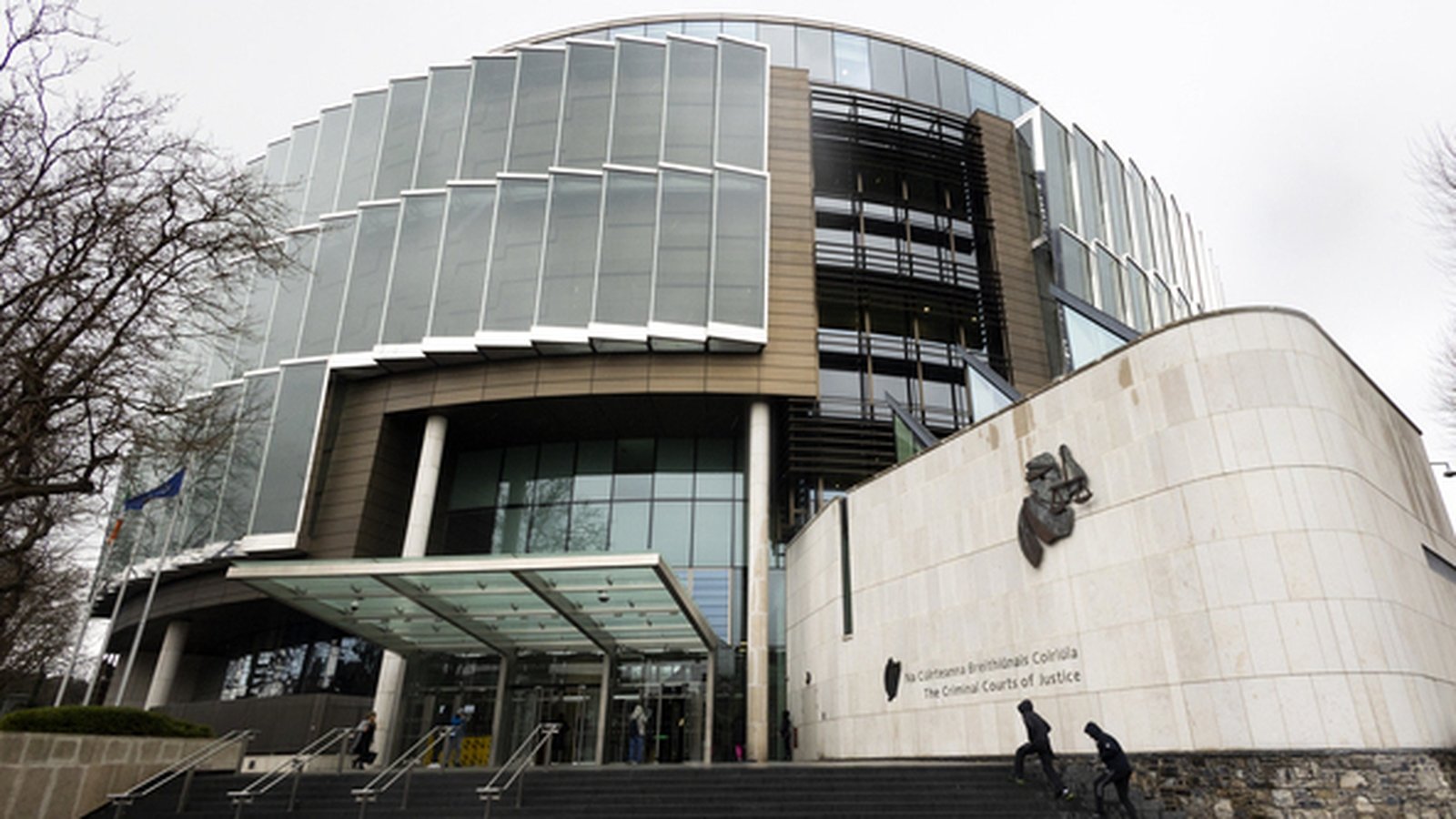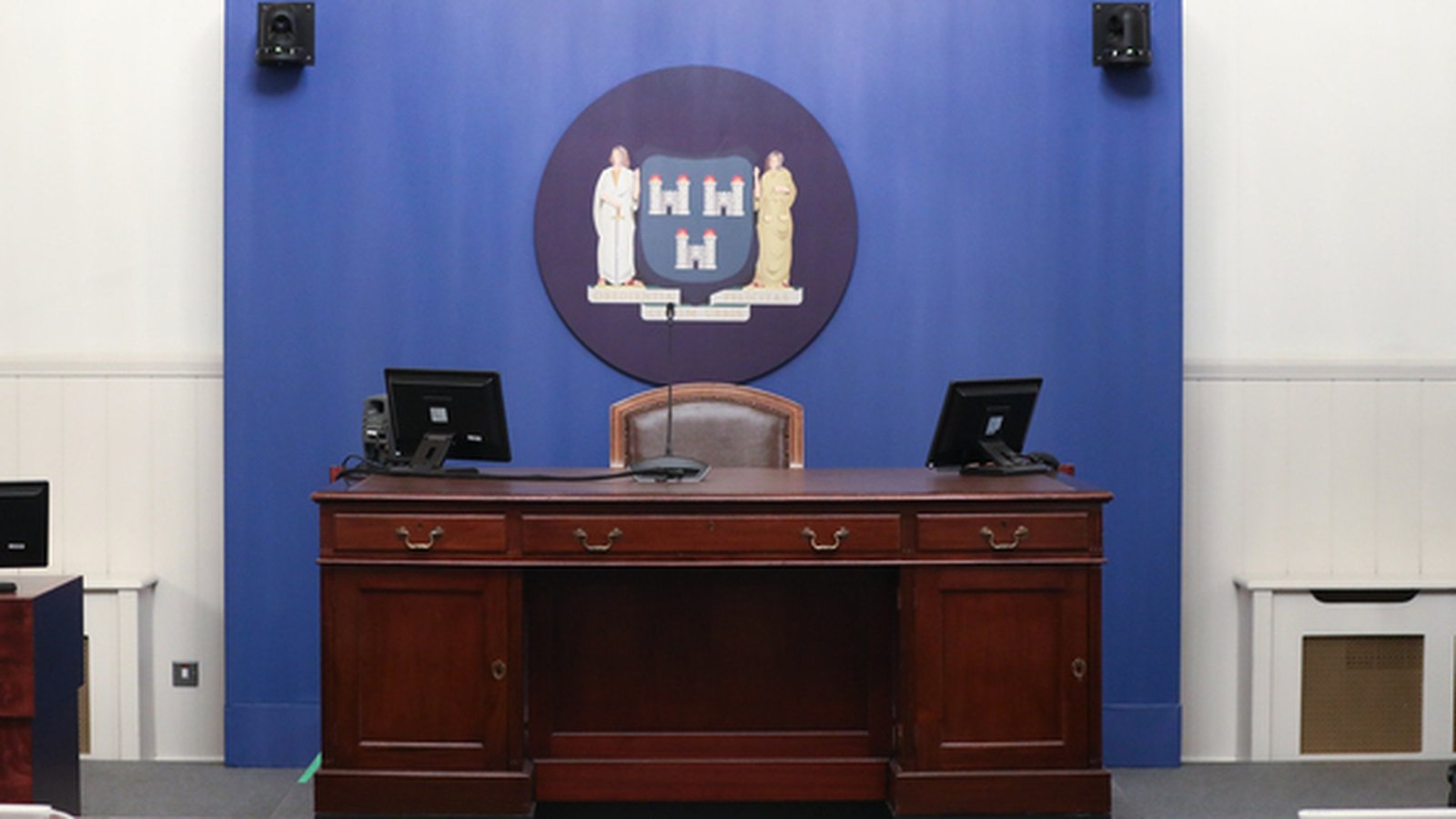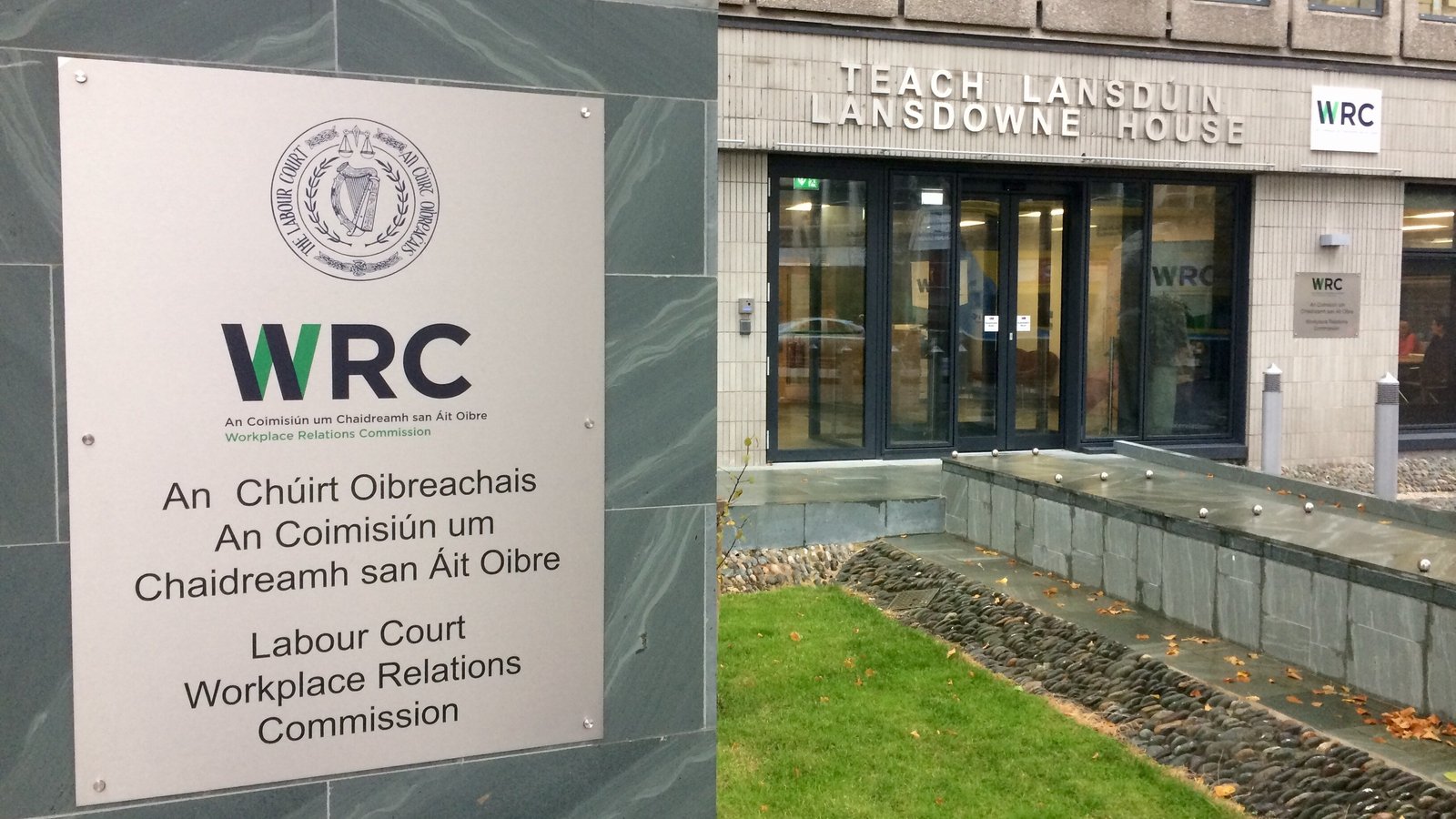UK govt tried to stop McAleese attending Omagh service
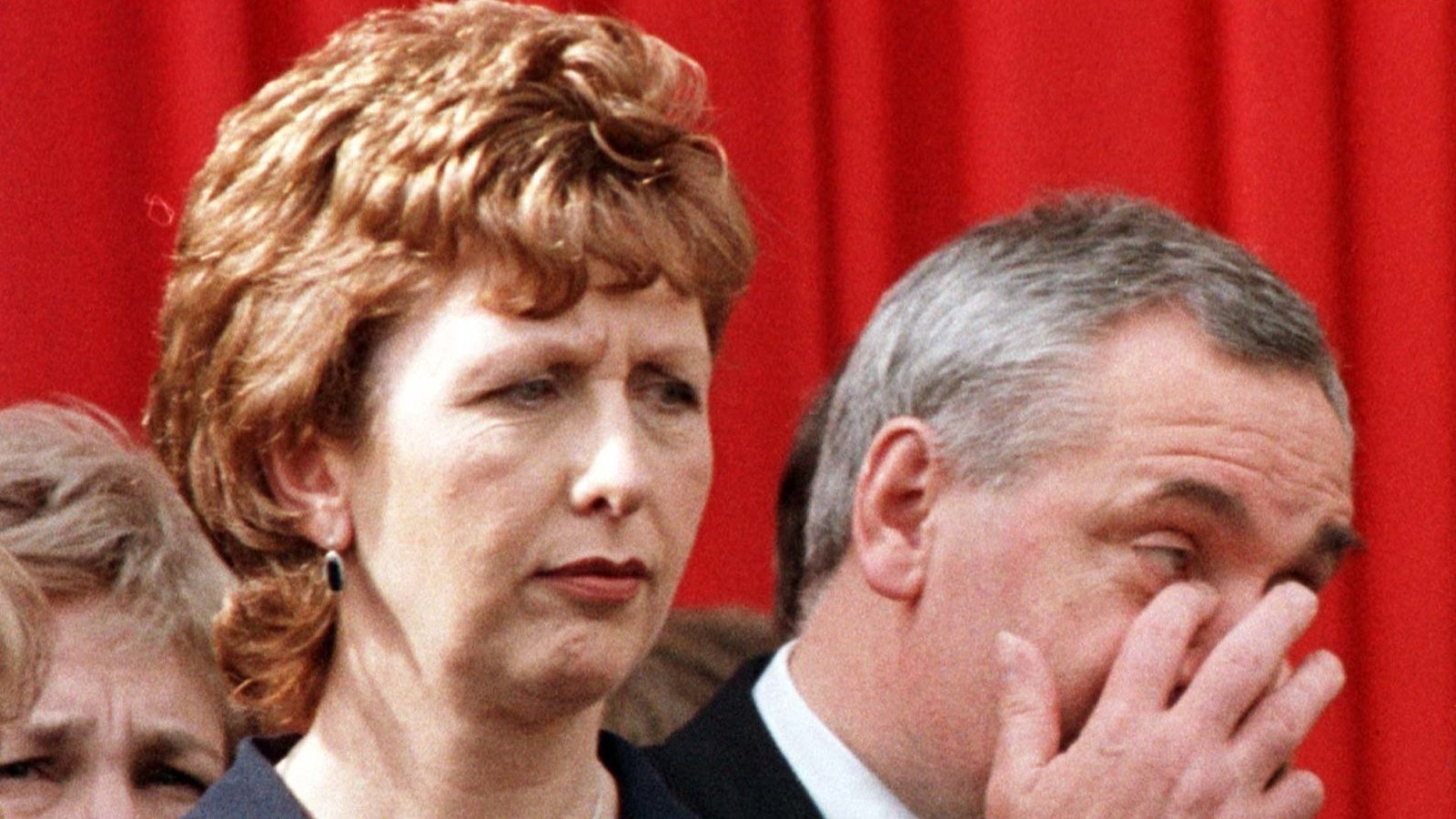
The British government tried to stop then-president Mary McAleese attending a memorial service for the victims of the Omagh bombing, fearing her attendance would embarrass the Queen, who was not going.
The Omagh bombing on 15 August 1998, in which 29 people died, was the single deadliest incident of the Troubles.
The bombing, carried out by dissident republican group the ‘Real IRA’, came just four months after the Good Friday Agreement signalled the end of the Provisional IRA’s campaign.
When a memorial service for the victims was announced for the week after the bombing, both taoiseach Bertie Ahern and president Mary McAleese indicated they would attend.
However the day before the service, a senior diplomat from the Irish Embassy in London was summoned to the Foreign Office to discuss their attendance.
Philip McDonagh was told by George Fergusson, head of the Republic of Ireland Department of the Foreign Office, that British prime minister Tony Blair, and Queen Elizabeth, could face “possible embarrassment… if it were to be suggested in the media that they had been less concerned at the sufferings in Omagh than their Irish counterparts”.
Mr Fergusson said it would not be practical to organise a visit by the Queen or a senior member of the Royal Family, and that “to send a less prominent member of the Royal family might appear inadequate if president McAleese is present”.
He suggested what he called a “compromise”, under which the Taoiseach would attend but the President would not, adding that a formal State commemoration in September was due to be announced, which would give president McAleese an excuse to cancel her visit to Omagh.
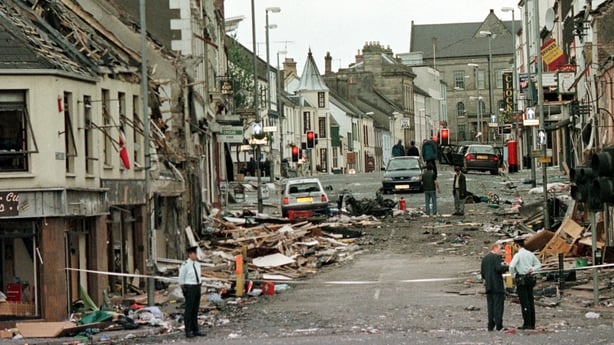
Mr Fergusson also claimed that “senior figures such as Heads of State and Prime Ministers might find themselves out of place” at the memorial, that their presence would be unwelcome, and that the families needed to be given “space”.
Mr McDonagh rejected the suggestion that the President and Taoiseach would not be welcome, saying the Irish government had taken soundings in Omagh and the opposite seemed to be the case. Anyway, he told Mr Fergusson, the President’s plans had already been announced and could not be changed.
As he reported to Dublin, he thought there was an implication in Mr Fergusson’s remarks that high-level visits to the North required British agreement – an implication he studiously ignored.
In the event, both the President and the Taoiseach attended the memorial service.
A month later, Mr McDonagh reported to Dublin that he had met Mr Fergusson, who said the formal State commemoration to be attended by the Queen was not going ahead, and who “generously acknowledged that the reservations expressed by the British side in advance of the President’s attendance in Omagh the week after the bomb, proved not to be well founded.”
The Northern Ireland Office was also anxious about official Irish attendance at the funerals of victims of the bombing.
British Government policy was that ministers did not go to individual funerals, and an NIO official pointed out that “it would clearly be awkward if Irish Ministers were to attend or be represented at individual funerals, when the Secretary of State and Northern Ireland Ministers were not present or represented.”
The NIO was later “happy” to hear that Irish ministers would not be going to the funerals.
[Based on files in 2022/45/423, 2022/45/424 and 2022/45/426]
By David McCullagh and Shane McElhatton

